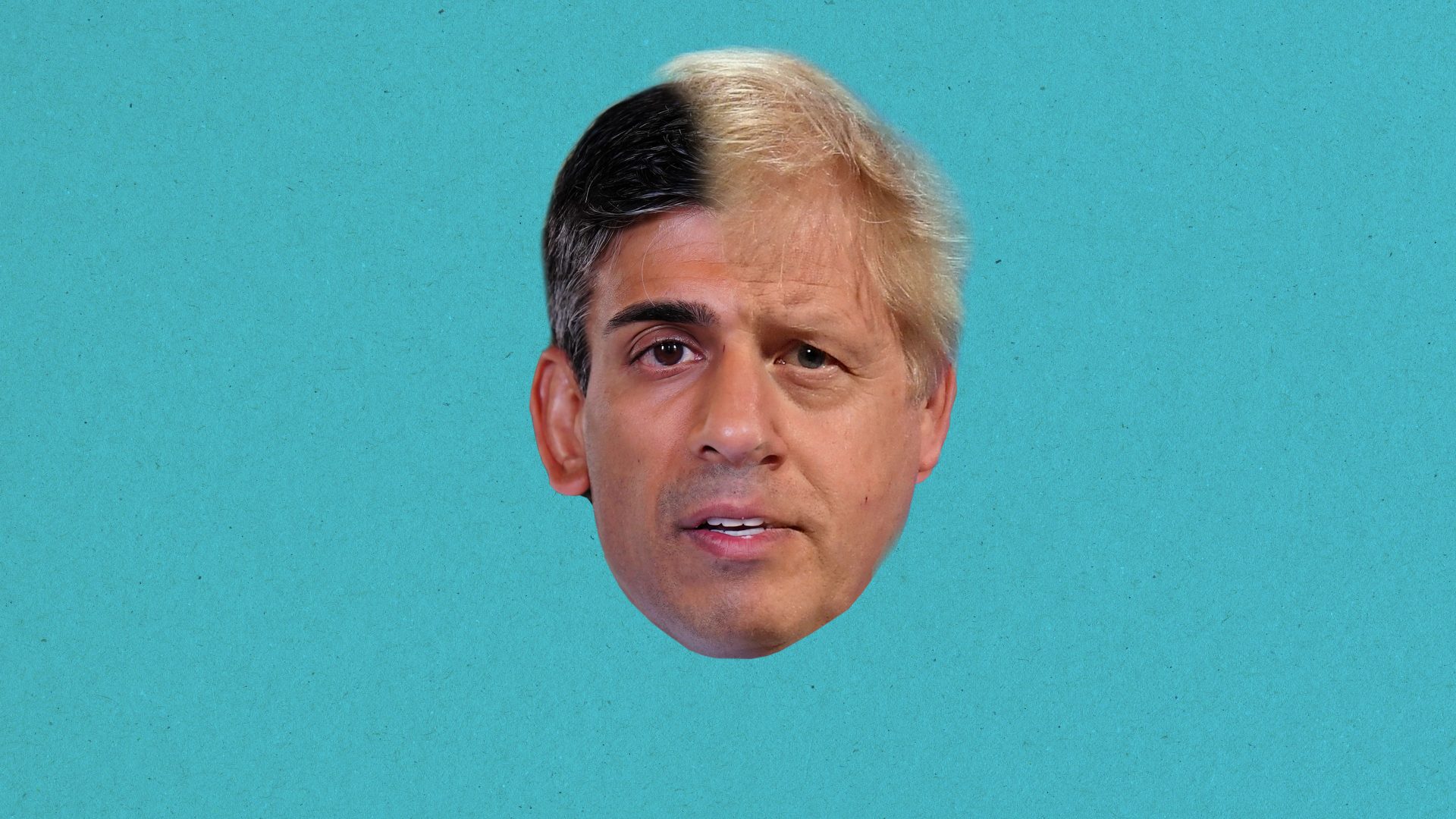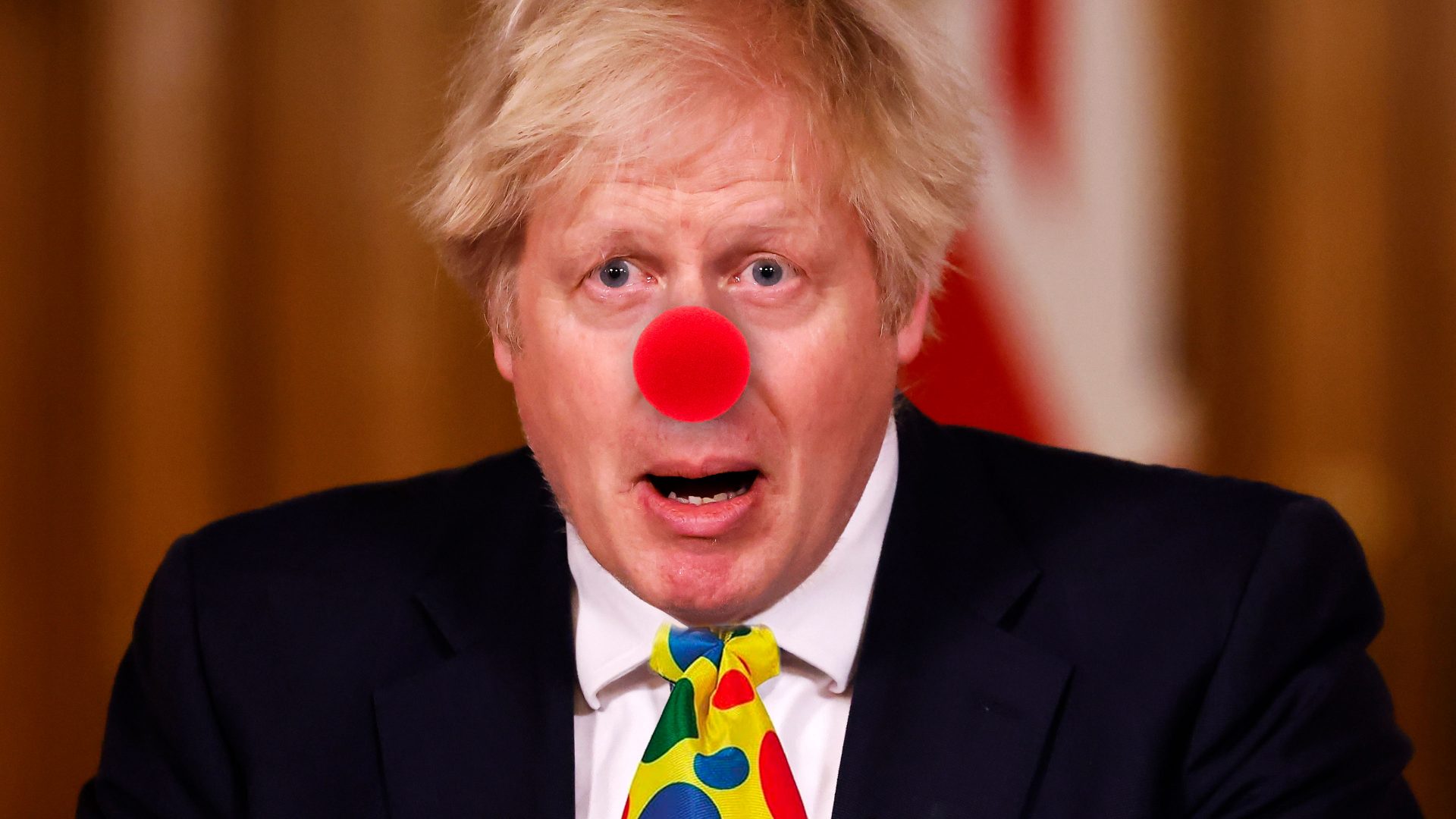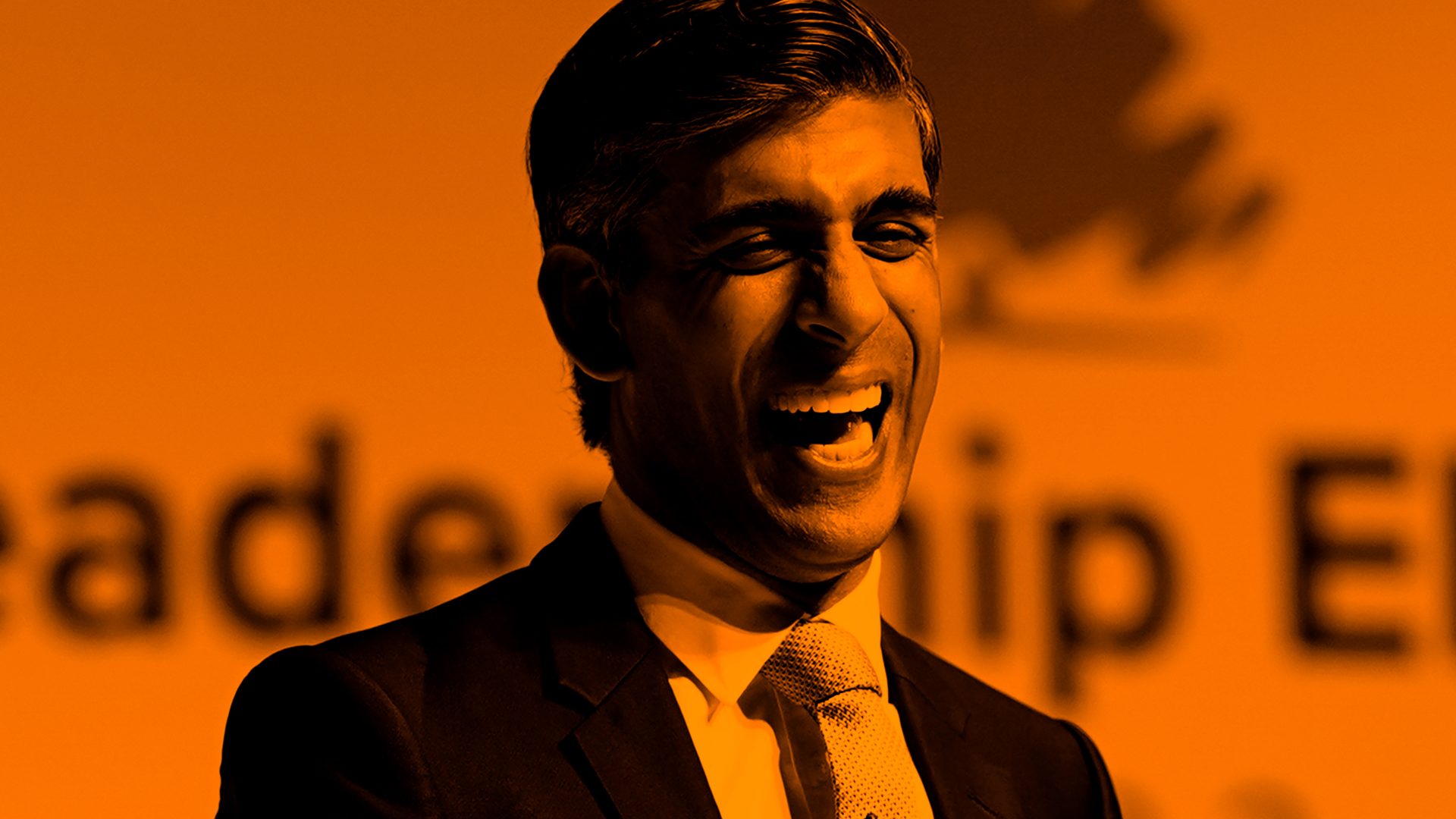To the rest of the country, Boris Johnson was unceremoniously chucked out of office for being a habitual liar, but he himself sees what happened as no more than an “unexpected hiatus”.
The disgraced former prime minister’s choice of words in a strange, rambling article in the Spectator last week was of course delusional, but I can reveal it is all part of a carefully thought-through attempt at a comeback. At Johnson’s recent meeting with Rupert Murdoch at his ranch in Montana, Johnson begged the nonagenarian tycoon to get his newspapers behind him in May, when Johnson believes the local election results will make Rishi Sunak’s position untenable.
Johnson is acutely conscious of Murdoch’s power: it was when he heard that the Sun was about to run a front page telling him to withdraw from the Tory leadership contest in October that he decided to throw in the towel.
Murdoch heard him out at their meeting and among his editors there is already a sense of dread that they might soon get the order to back Johnson. Murdoch’s Wall Street Journal subsequently ran a piece by Johnson about the need for more international support for Ukraine that attempted to invest him with an aura of statesmanship.
Johnson, meanwhile, has made more than a million from speeches since leaving office, including one in Singapore that extolled the virtues of cryptocurrency and blockchains, just as Sam Bankman-Fried, founder of the failed cryptocurrency exchange FTX, was accused of “one of the biggest financial frauds in US history,” with his 50 largest creditors relieved of £2.5bn.
Mandrake hears intriguing rumours that Elon Musk is considering making a bid for the Telegraph group, which comprises the daily and Sunday titles, in addition to the Spectator. The group was officially put up for sale more than three years ago, but, until now, there have been embarrassingly no takers.
“After paying £35bn for Twitter, Musk could buy the Telegraph out of small change,” says my man in the Telegraph newsroom. “What he seems to crave more than anything else is respect, and maybe there’s more of that to be had in old media than new media. All he’s got out of Twitter is a lot of abuse.”
The Telegraph’s co-owner Sir David Barclay was adamant that the family should make a profit on the £665m they paid for the titles in 2004, but after his death last year, with younger members of the family keen to get what they can for the titles they are now open to realistic offers. The Telegraph has been ambivalent about Musk, but lately it’s become a lot more unctuous in its coverage. Recent headlines have included “Work-shy Britain will only recover if it learns from Elon Musk” and, in a story about his acquisition of Twitter, “Elon Musk is proving his miserable doubters wrong”.
Brexiteer businessman Christopher Harborne celebrated his 60th birthday last weekend at the Kamalaya “wellness” resort in Thailand, a country where he has lived for the past 20 years and attained citizenship under his new Thai name, Chakrit Sakunkrit. Although no longer a UK resident, he still donated £12m to the Brexit Party in 2019, which doubtless explained why its founder, Nigel Farage, was among those who turned up to pay court to him.
Harborne was most recently in the news for forking out £2,000 so the Tory MP Steve Baker – who leads an anti-net zero grouping in parliament – could attend the Conservative Party’s summer ball. Harborne owns AML Global, an aviation fuel supplier operating in 1,200 locations globally, and has a history of supporting opponents of climate action.
Another of Harborne’s companies, Sherriff Global, trades private jets and is registered in the British Virgin Islands. It was mentioned in the Panama Papers as an intermediary of offshore entities.
They live in the same north London constituency and at the next election are likely to be fighting each other to become its MP. Jeremy Corbyn has represented Islington North since 1983 – most of the time for Labour, but for the past two years as an independent, having lost the whip. He plans to stand once again as an independent in a constituency where he is still largely regarded as a good local MP.
Up against him will almost certainly be Mary Creagh, a former Labour shadow minister, who lost her Wakefield seat in 2019 to the Tories. She used to be an Islington councillor, and Sir Keir Starmer wants her to take on Corbyn.
Ironically, the two get on pretty well, despite divergent left-wing views. Both are keen walkers – Corbyn does not drive, while Creagh is now chief executive of Living Streets, a charity fighting for the rights of pedestrians. They also sometimes meet in a local food hub, where Creagh is a regular volunteer and Corbyn pops in occasionally to help. “There are smiles when they meet, but I wonder if that will change if they fight the same seat,” says one local.
Rishi Sunak has often spoken of how protective he is of his young daughters, Krishna and Anoushka, but he has chosen to feature both on his official Christmas card, which is sent out to thousands of party supporters. Taken by his taxpayer-funded chief photographer Simon Walker – who trails him everywhere – it shows Sunak, his wife, Akshata Murty, and their daughters in their kitchen preparing a pudding. Newspapers, more mindful of the right of his children to privacy, have chosen not to reproduce the image.
Boris Johnson’s children were always a touchy subject for him – the question was how many he had – so his last Christmas card as prime minister merely featured his dog, Dilyn.
Although Theresa May is a keen theatre-goer and still a regular at the Theatre Royal Windsor close to her constituency home, I’ve not seen any of her successors in the stalls. It was gratifying, therefore, to see a former party leader in a seat near me at the first night of Josie Rourke’s production of As You Like It at the new Soho Place Theatre in London.
I need hardly add it was not the philistine currently in office, but a former Labour leader in the shape of Ed Miliband, who was attending with his wife, Justine Thornton. Miliband is a genuine lover of theatre, but he is also a mate of Rourke’s and owes her. In 2014, when he was leading Labour, and Rourke the Donmar in Covent Garden, I revealed how she had been engaged in a heroic struggle to make him more compatible with the cameras.
“It is a bit of an uphill struggle, obviously, but Josie feels that she is making some progress and, come the election, he should be a lot better,” a close associate of the director told me at the time.
“They are keeping it top secret as people take a view about this sort of thing, but most senior politicians have taken expert guidance, somewhere along the line.”




